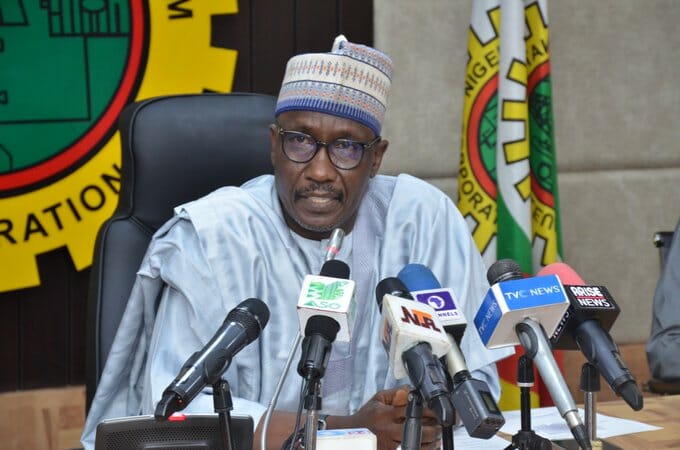- Nigeria National Petroleum Company Limited reportedly owes fuel traders around $3 billion for imported petrol, according to sources
- NNPC faces payment delays exceeding 130 days, attributed to naira devaluation and global fuel price hikes, affecting petroleum product supply
The Nigeria National Petroleum Company Limited (NNPCL) is reportedly indebted to fuel traders for imported petrol, with an estimated backlog of around $3 billion, according to three sources who spoke to Reuters.
The sources revealed that the devaluation of the naira and the surge in global fuel prices have contributed to increasing the subsidy payments made by NNPC.
The payment delay is concerning, as five sources familiar with the matter reported that NNPC, the country’s primary petrol importer, is taking more than 130 days to settle invoices, exceeding the usual 90-day timeframe.
However, an NNPC spokesman denied knowledge of such a debt or any significant financial issues, emphasizing the company’s focus on ensuring the sufficiency of petroleum product supply in Nigeria.
Despite the payment delays, NNPC’s suppliers, including international traders such as Vitol, Mercuria, Gunvor, and Nigeria-based trading houses, continue to supply fuel, according to the sources.
The resurgence of fuel subsidies, eliminated in May 2023, is evident in the delayed payments, affecting NNPC’s ability to fund imports and contribute to government revenue.
Previously, Nigeria subsidized fuel to maintain affordable pump prices, but the subsidies were removed as part of broader reforms, resulting in a threefold price increase. Although this led to a decrease in petrol consumption due to reduced smuggling, the government later capped pump prices in June to mitigate the impact of inflation.
The return of fuel subsidies and the associated financial strain highlight the challenges facing President Bola Tinubu’s administration, which initially garnered investor confidence through subsidy removal and exchange rate reforms.
Nigeria’s heavy reliance on fuel imports, stemming from years of mismanagement and underinvestment in state-owned oil refineries, exacerbates the country’s economic vulnerabilities.
